Commentaries
Your Present Location: Teacher_Home> He Weiwen> CommentariesChina issues alert over studying in US
Source: Global Times Published: 2019-6-3
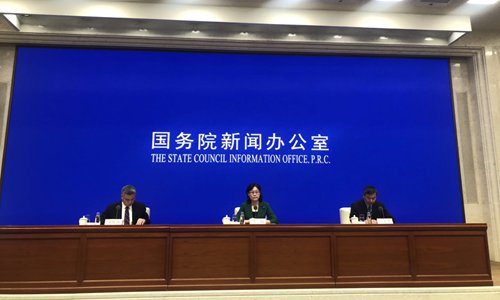
China's Ministry of Education holds a press conference on Monday, issuing a warning on the risk of applying to study in the US. Photo: Cao Siqi/GT
Amid recently tightened US visa policies for Chinese students and scholars on the grounds of a national security threat, China's Ministry of Education (MOE) warned on Monday of the risk of applying to study in the US, which was widely seen as another countermeasure against the US following the entity list.
Analysts believe that the warning is also a necessary response to US discrimination against Chinese students since last year and will greatly affect US schools as Chinese students are one of their major revenue streams.
Xu Mei, the ministry's spokeswoman, said at Monday's press conference that for some time, visas of some Chinese students studying in the US have been restricted, and the visa review period has been extended. Meanwhile, the validity period has been shortened, and the visa rejection rate has increased, which has affected the studies of Chinese students in the US or the successful completion of their studies.
The ministry also reminded Chinese students and scholars to enhance risk assessment, strengthen awareness of prevention and make corresponding preparations before studying abroad, Xu said.
Xu Yongji, deputy head of the Department of International Cooperation and Exchanges under the ministry, said in 2018, the ministry planned to send 10,313 students to study in the US at public expense, and 331 students were denied visas, or 3.2 percent. From January to March this year, the ministry planned to send 1,353 students to study in the US at public expense, of whom 182 were refused visas, or 13.5 percent.
The US has revoked or re-examined the visas of Chinese nationals going to the US on the grounds of counterespionage. It also has canceled the 10-year visas for a number of scholars specializing in China-US relations, Xu said. He urged the US to correct as soon as possible and "do more things that are conducive to promoting bilateral educational exchanges."
Stark warning
Over 100 years ago, 120 Chinese teenagers were sent to the US to study on the "Boxer Indemnity Scholarship" program offered by former US president Theodore Roosevelt, which became a landmark in the history of China-US people-to-people exchanges. Members of China's first generation of returnees have helped to shape China's modern history.
Since the country ushered in the era of reform and opening-up in 1978, a total of 4.58 million Chinese have gone abroad to study and 3.22 million of them returned, according to data released by the MOE.
The returnees from the US have made the ties closer between the two peoples and made significant contributions to the nation's economic development and scientific progress.
However, the US has singled out Chinese students and scholars as a national security threat, casting a shadow over bilateral relations which have already been beleaguered by trade tensions.
Chinese analysts stressed that the warning is aimed at Chinese parents and students.
"China has been open and supportive to studying abroad. Now facing the tensions caused by the US, the warning is a gentle reminder to Chinese parents: Studying in the US will cost a fortune in time and money, and if their children cannot get a sound education, it will be a huge loss," a Peking University professor told the Global Times on Monday on condition of anonymity.
It also reminds them that many schools with high quality education resources in other countries may be an option, the professor said, noting that the warning will affect US schools greatly as Chinese students are a prominent contributor to their finances.
He Weiwen, former economic and commercial counselor at the Chinese Consulate General in San Francisco and New York, pointed out that the warning suggests that the trade war has already begun to affect the field of education.
"From trade to science and technology, and to education, it shows that the US is launching a war from its strategic concerns. It is obvious who is instigating trouble," He said.
The US action has forced China to react and choose a more prudent attitude toward studying in the US, he said.
He Weiwen is a senior fellow of Chongyang Institute for Financial Studies at Renmin University of China.




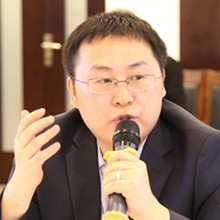











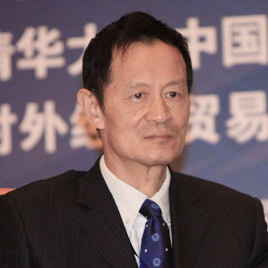



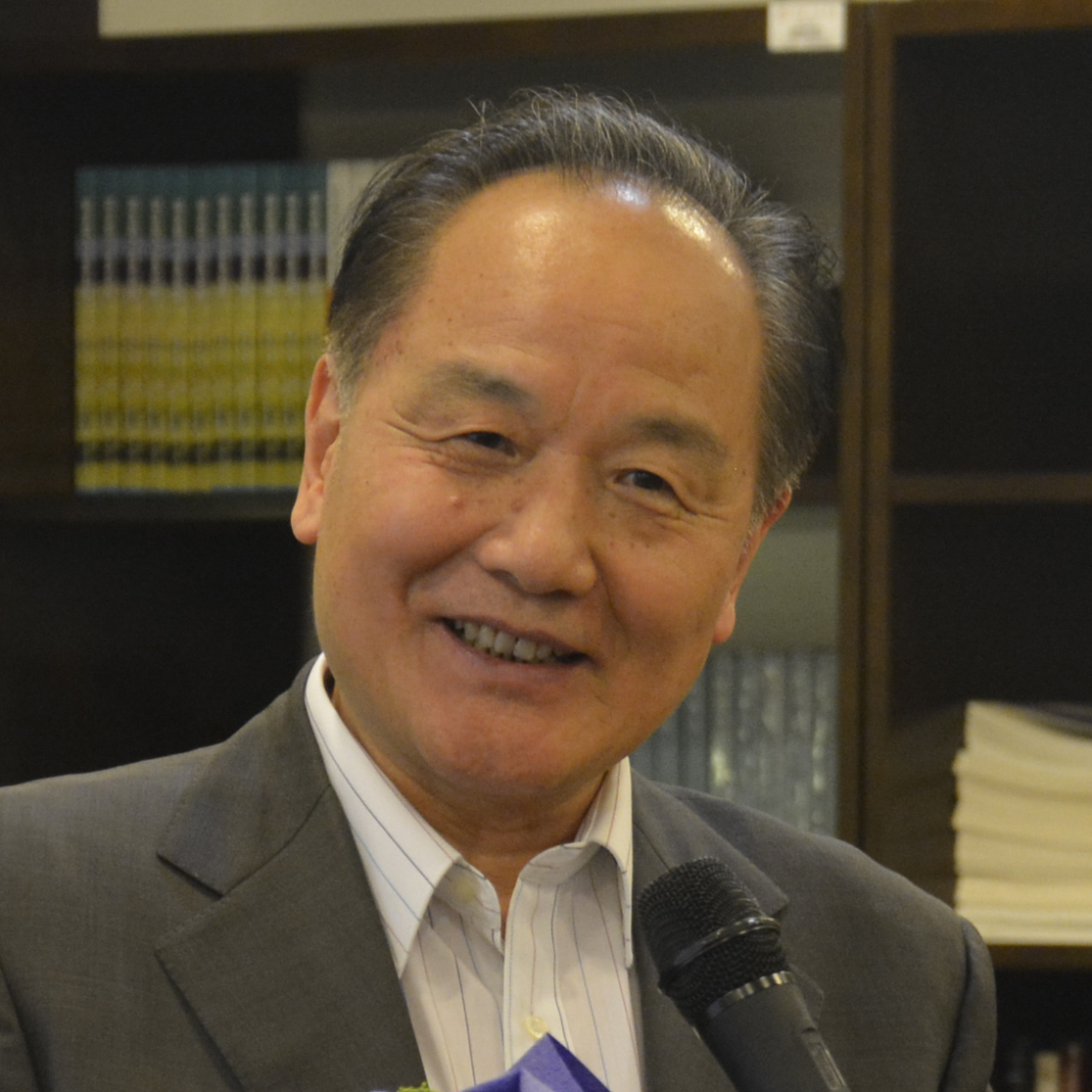



























































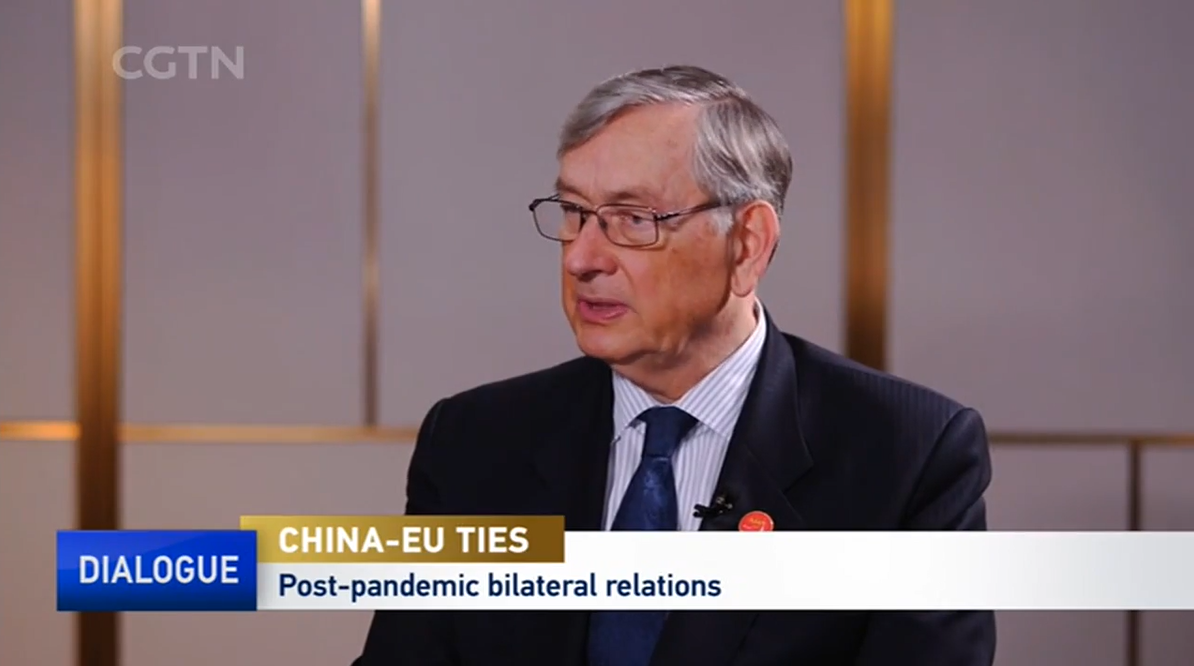
 京公网安备 11010802037854号
京公网安备 11010802037854号





